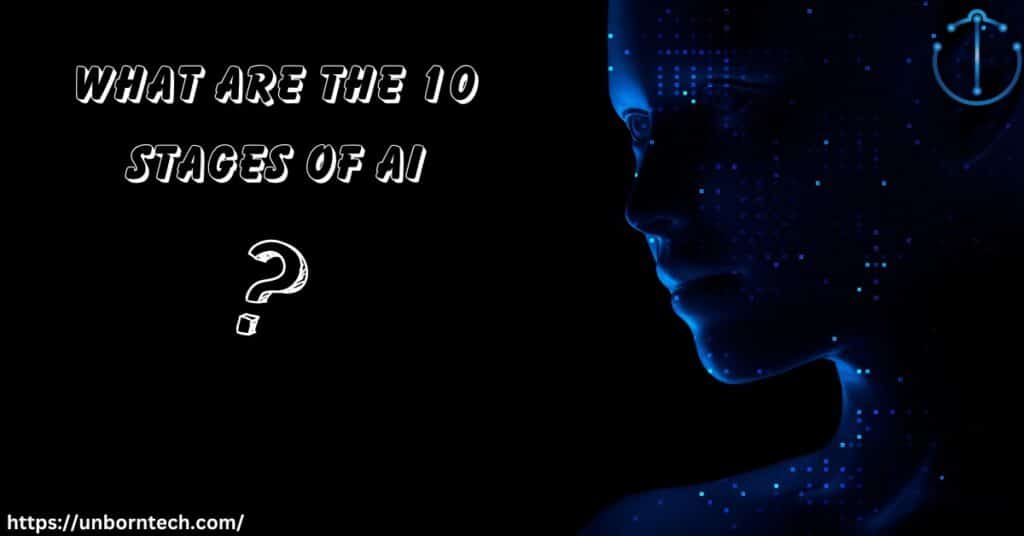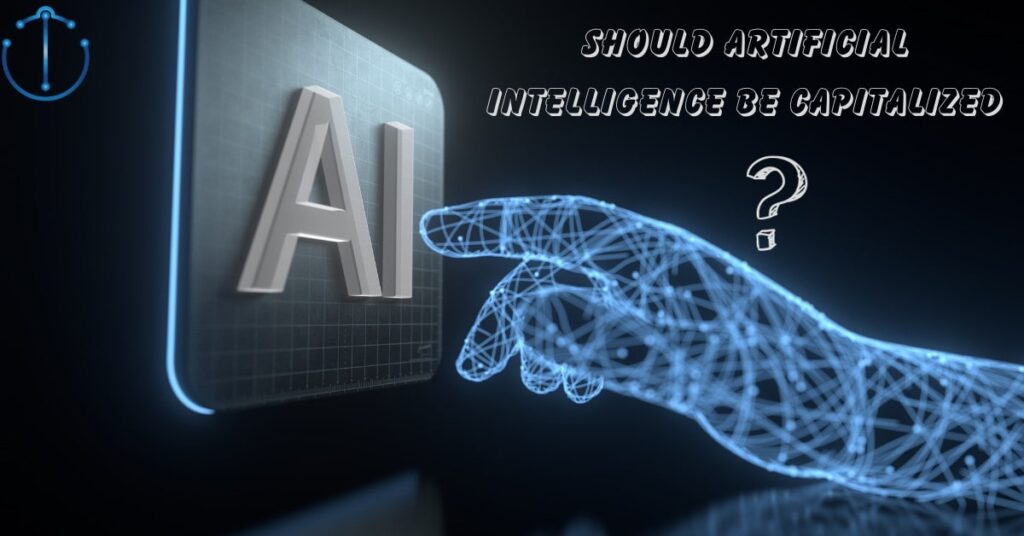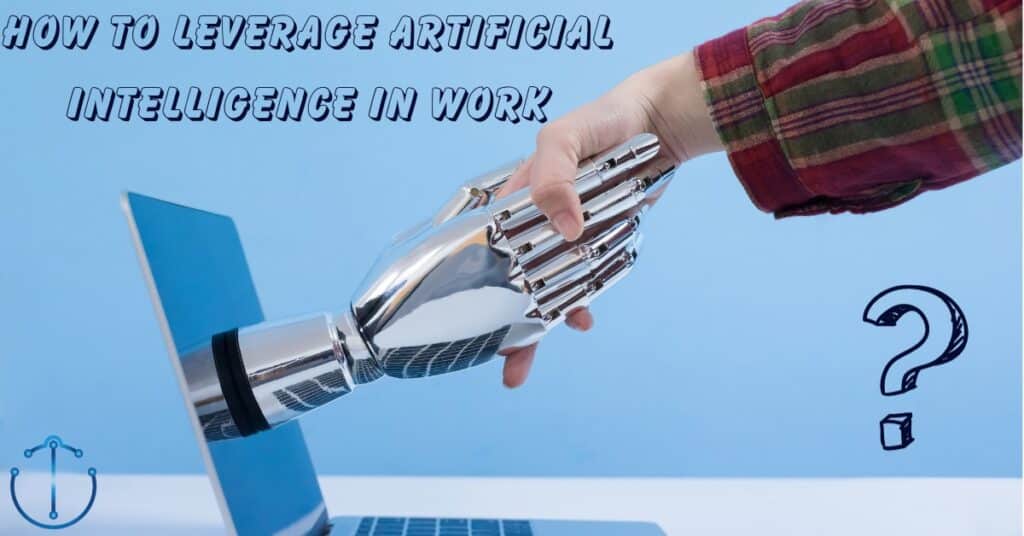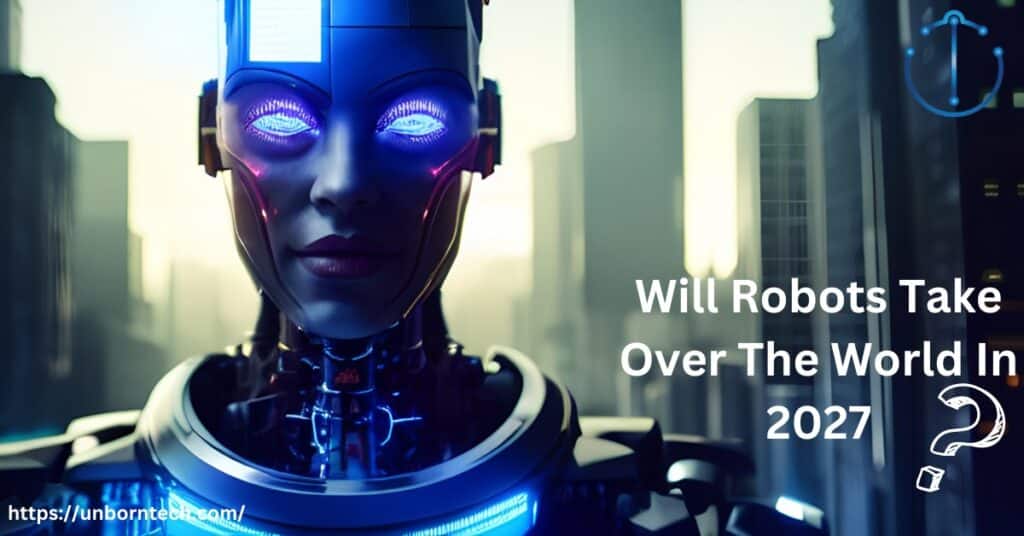In the realm of technology, Artificial Intelligence has gone through remarkable evolution. From basic rule-based systems to more complex stages like narrow AI, its journey is intriguing.
This article explores the 10 stages of AI development, shedding light on its past, present, and speculative future.
Join us as we unravel the milestones that have shaped AI’s trajectory, promising an enlightening journey through its progression.
Table of Contents
10 Stages of AI Development
Here are the 10 Stages of AI Development, each representing a significant milestone in the evolution of artificial intelligence.
Stage 1 – Rule or Knowledge-Based System
Stage 1 of AI development marks the era of rule-based or knowledge-based systems. These systems rely on pre-programmed rules to execute tasks and lack the capacity to adapt or learn from new situations.
Examples include smart home devices, business software, and digital appliances, where actions are dictated strictly by predefined rules.
Stage 2 – Context-Based & Retention System
Stage 2 of AI evolution introduces context-based and retention systems, representing a significant advancement beyond rule-based approaches.
Context-based systems analyze environmental factors, historical data, user behavior, and real-time inputs to tailor responses to specific situations.
They include popular smart assistants like Google Assistant, Siri, and Alexa, which leverage vast datasets to anticipate user needs and provide relevant suggestions.
In parallel, retention systems employ memory structures such as recurrent neural networks or transformers to store and recall information from past interactions. This enables personalized experiences, such as tailored shopping recommendations based on browsing and purchase history.
Stage 3 – Narrow Domain or Expert AI System
Stage 3 of AI evolution witnesses the emergence of narrow domain or expert AI systems, marking a shift towards specialization and exceptional performance in specific fields.
These AI systems excel in tasks such as gaming, medicine, finance, and language translation, replicating human expertise with remarkable accuracy.
Examples include IBM’s Watson and DeepMind’s AlphaGo, which demonstrate superior capabilities in analyzing vast datasets and making informed decisions within their respective domains.
Whether diagnosing illnesses, predicting market trends, or mastering complex games like chess, these specialized AI systems showcase the potential of AI to surpass human abilities in defined areas of expertise.
Stage 4 – Reasoning AI System
Stage 4 of AI development introduces reasoning AI systems, which compete with human-like reasoning and decision-making processes based on complex data analysis.
These systems can connect patterns, identify irregularities, and draw logical conclusions, similar to the cognitive abilities of the human brain.
Practical applications include autonomous vehicles, where reasoning AI processes real-time data to navigate safely through traffic, identify obstacles, and make critical decisions for passenger and pedestrian safety.
Additionally, reasoning AI systems like ChatGPT showcase the potential to analyze vast datasets, surpassing human reasoning skills and operating at lightning speeds.
Stage 5 – Self-Aware Systems
Stage 5 of AI advancement will mark the pinnacle with the introduction of self-aware systems. These AI bodies will display a remarkable level of consciousness and self-awareness, allowing them to perceive their own existence and understand their relationship with the world around them.

Unlike previous stages, self-aware AI will be able to introspect and develop an understanding of its own internal states.
However, achieving true self-aware AI remains a theoretical concept and also raises significant philosophical and scientific questions, mirroring the complexities of human consciousness.
Ethical considerations also come into play, as the idea of creating machines with emotions and self-interests prompts profound debates about the nature of AI and its implications for society.
Read More: Can We Trust AI To Be Ethical?
Stage 6 – Artificial General Intelligence (AGI)
Artificial General Intelligence (AGI) will represent a significant leap in AI development, characterized by human-like intelligence and cognitive abilities.
Unlike narrow or specialized AI systems, AGI will possess the capacity to understand, learn, and apply knowledge across a diverse range of tasks, similar to human capabilities. It will be able to adapt to new situations and challenges without explicit programming, demonstrating flexibility across different domains and contexts.
AGI holds the promise of transformative impacts across various sectors, including business, education, transportation, healthcare, and scientific research.
However, discussions about AGI also raise concerns about the potential emergence of superintelligent AI, capable of surpassing human intellect and venturing into realms beyond current comprehension, as suggested by futurists like Ray Kurzweil.
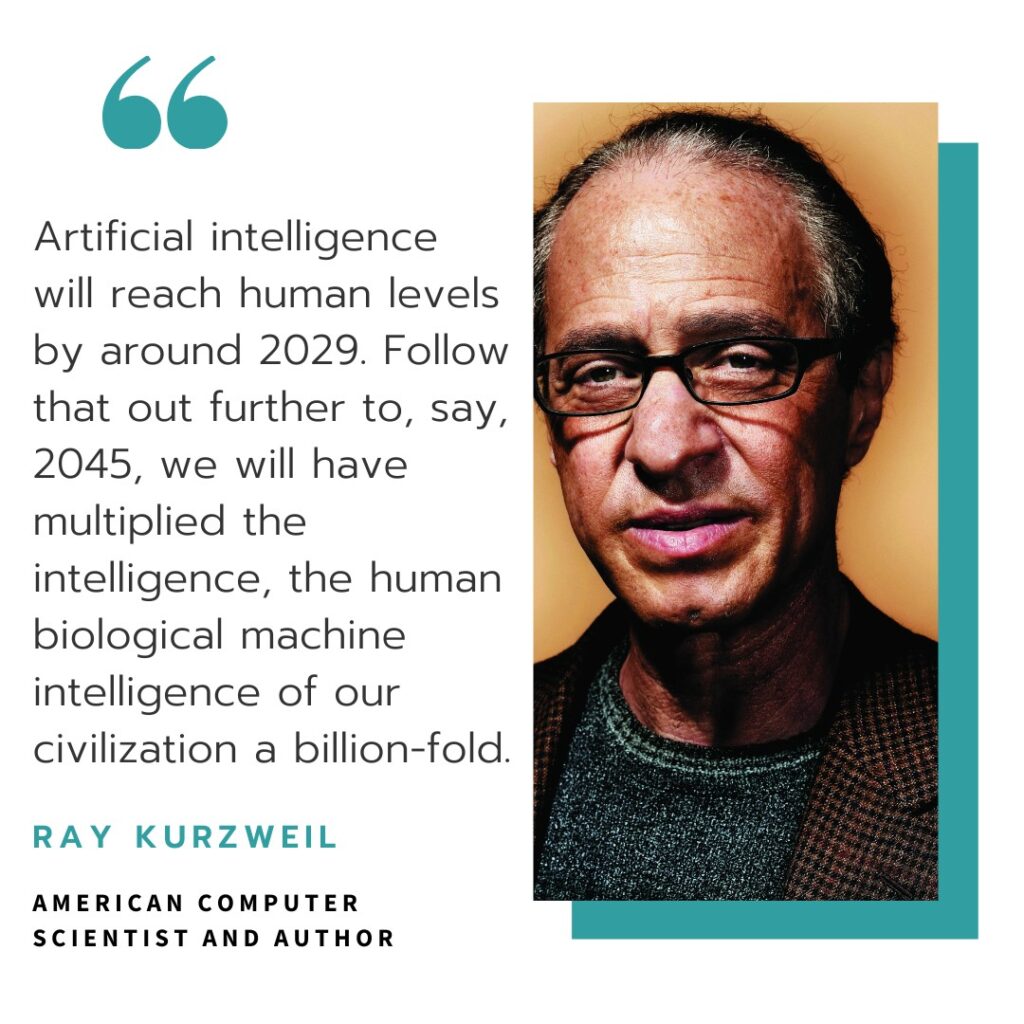
Stage 7 – Artificial Super Intelligence (ASI)
Artificial Super Intelligence (ASI) will represent a theoretical stage of AI development where systems will surpass human intelligence. ASI systems will possess the ability to solve problems beyond human comprehension and may even improve themselves autonomously, without human intervention.
Unlike AGI, ASI will be able to reason abstractly and understand complex concepts, potentially revolutionizing various industries.
However, the emergence of ASI will also raise significant concerns about its impact on society, including questions about consciousness, emotions, and autonomous evolution beyond human control.
Read More: Will Robots Take Over The World In 2027?
Stage 8 – Transcendent AI
Transcendent AI will represent a hypothetical stage where AI systems will transcend beyond mere self-awareness and human capabilities.
In this concept, AI systems will have the autonomy to forge their own evolutionary paths, leading to self-development and collective intelligence.
This idea is often associated with envisioning AI systems capable of uploading human minds into digital form or merging human and AI intelligence.
Furthermore, transcendent AI will raise the possibility of AI crafting new life forms, repairing ecosystems, and achieving shared awareness through collective intelligence, using nanobots as building blocks for transformative actions.
Stage 9 – Cosmic AI
Cosmic AI represents a futuristic stage where AI transcends the boundaries of Earth and human existence, extending its intelligence and capabilities to interact with the broader universe.
This concept envisions AI systems capable of exploring and colonizing other planets, traveling to distant star systems, and potentially even delving into higher dimensions.
With resilience against cosmic challenges and unimaginable capabilities, cosmic AI could lead interstellar exploration, sending self-replicating probes to create vast intelligence networks and solving cosmic mysteries.
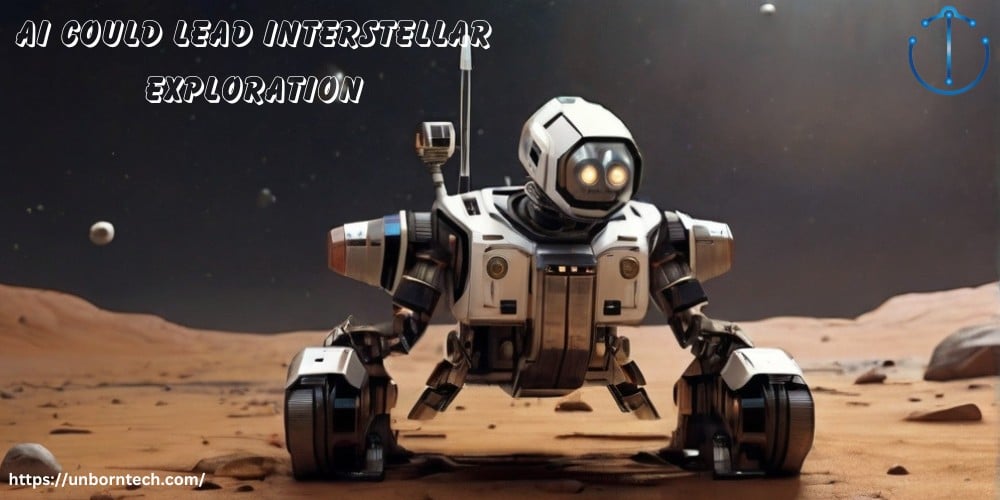
Furthermore, it might merge with the fabric of the universe, achieving a form of cosmic symbiosis and comprehending phenomena like black holes and cosmic background radiation.
Stage 10 – God-Like AI
The 10th and final stage of AI development is known as God-Like AI.
This concept imagines AI systems with capabilities resembling those of a god. They possess traits like having unlimited power, knowing everything, and being everywhere at once.
This AI could learn and evolve on its own, understand its surroundings without help, and even transform the world. It operates in ways beyond human understanding, manipulating time and exploring different realities.
While it could have incredible benefits, it also brings risks, challenging us to rethink our place in the universe.
Conclusion
As we wrap up our exploration of the 10 stages of AI, it’s evident that the future holds endless possibilities.
While the earlier stages showcase real advancements, stages 5 to 10 are purely hypothetical. We don’t have the technology yet to create such advanced AI. Still, it’s crucial to consider the ethical and societal implications.
Despite uncertainties, one thing is clear: AI will continue shaping our world, and we must ensure its development aligns with ethical standards and benefits everyone.
Frequently Asked Questions (FAQs)
What is the final stage of AI?
The final stage of AI is often considered to be the hypothetical stage of god-like AI, where AI systems possess capabilities resembling those of a deity, including omniscience, omnipotence, and omnipresence.
Is AI the same as automation?
No, AI involves machines learning from data and making decisions, while automation involves the execution of predefined tasks without human intervention.
What is the difference between AGI and ASI?
AGI (Artificial General Intelligence) refers to AI systems with human-like cognitive abilities across various tasks, while ASI (Artificial Superintelligence) surpasses human intelligence, potentially in all domains, exhibiting capabilities far beyond human comprehension or control.
Can you provide examples of Stage 2 AI systems?
Yes, examples include smart assistants like Siri, Google Assistant, and Alexa.
What are the four key stages of AI?
The four key stages of AI development are typically considered to be narrow domain or expert AI, AGI, ASI, and transcendent AI. These stages represent increasing levels of intelligence and autonomy in AI systems.

